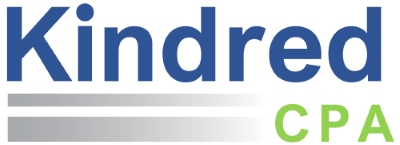An identity protection personal identification number (IP PIN) is a six digit number that prevents someone else from filing a tax return using your Social…
 As the end of 2023 quickly approaches, it’s time for businesses to start gathering data that needs to be reported on Forms W-2. Here’s a list of things to be aware of:
As the end of 2023 quickly approaches, it’s time for businesses to start gathering data that needs to be reported on Forms W-2. Here’s a list of things to be aware of:
- Personal Use of Company Vehicles – If your employees drive a company-owned or leased vehicle and use it for personal reasons, you’ll need to account for that as additional income on the employee’s Form W-2. Employees are required to maintain a daily written log of business use of the vehicle that includes date, miles driven, business purpose, and destination. Employees are responsible for returning that log to the employer. For more information, see IRS Publication 15-B, page 25.
- S-Corporation Owner Insurance – Insurance premiums paid by an S-Corporation for the benefit of the owner and family must be included on Form W-2. This includes health, dental, vision, life, long term care, and disability premiums.
- Employee Gifts – While the amount of a gift might seem miniscule, any gift cards and cash awards provided to employees for any reason must be reported as wages. For more information about gifts and employer benefits that are reportable, see IRS Publication 15-B, page 9.
- Bonuses – Even though bonuses might be paid outside the normal payroll cycle, those amounts are considered as reportable compensation. And remember, if supplemental wages are paid separately from regular wages, you should use the federal and state supplemental withholding rates rather than normal withholding rates. The federal supplemental tax withholding rate is 22%, and is 5% for the state of Kansas. See IRS Publication 15, page 19 and the Kansas Tax Withholding Guide, page 8 for more information.
Contact your Kindred payroll or tax professional with any questions. Happy Year-End!



